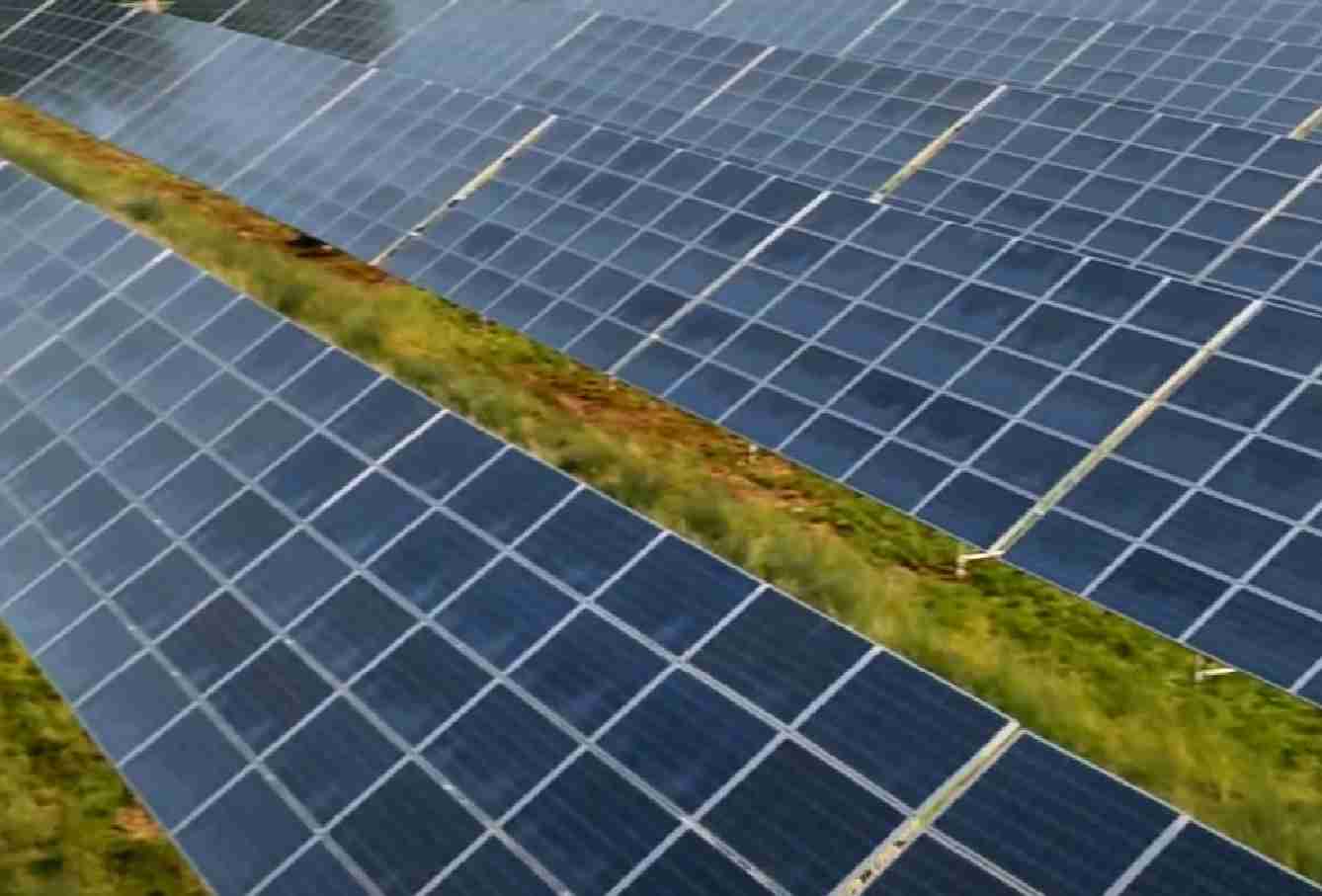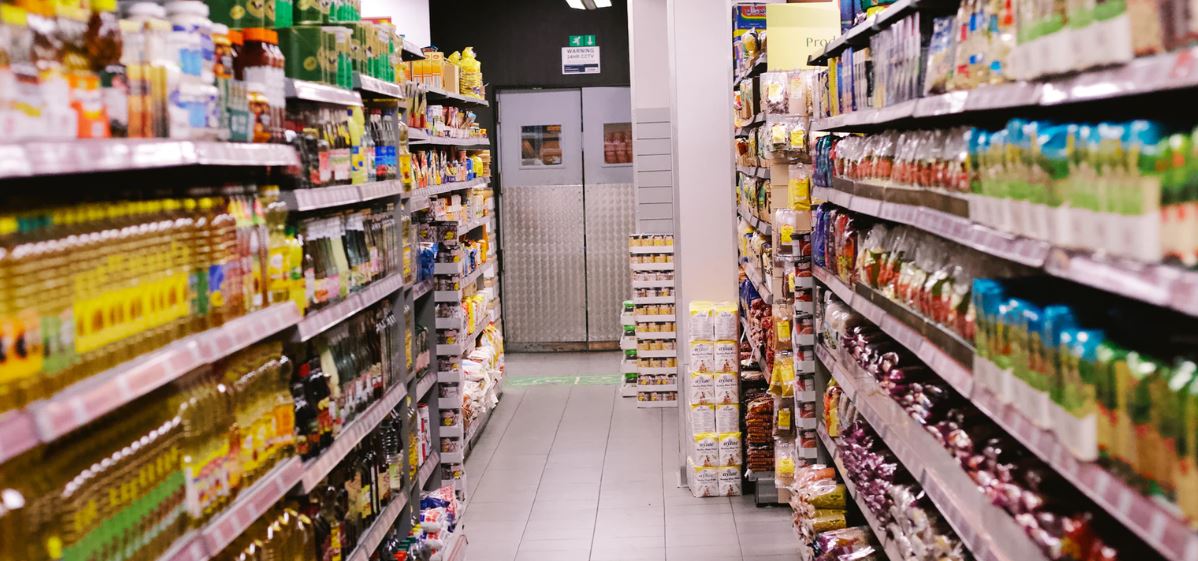British International Investment (BII), the UK’s development finance institution, has partnered with Odyssey Energy Solutions to launch a $7.5 million financing facility. The deed is expected to accelerate the rollout of electricity mini-grids across Nigeria.
The initiative supports the World Bank–backed DARES program, which aims to improve energy access for 17.5 million people.
The facility bridges funding gaps by covering upfront costs such as equipment procurement and import duties. It will allow developers to repay once projects generate revenue. Benefits include competitive bulk pricing, flexible payment options, faster procurement, and logistics support, with all equipment pre-vetted for quality.
- New Decision for Maryam Sanda as She Gets 12 Years

- China-Nigeria Sign $400m Deal to Boost Steel Production

- Ramping up Renewables in Nigeria After UN Emission Report

Grid Collapse in Nigeria
Roughly 90 million Nigerians, about 45% of the population, still live without access to electricity. This makes Nigeria the country with the largest energy access deficit in the world.
The majority of these people are in rural or peri-urban areas where extending the national grid is either too costly or logistically impractical.
With this number, mini-grids powered by clean energy are seen as critical to closing the gap.
BII officials emphasized that the investment reflects the UK’s commitment to green growth and climate partnerships. The Odyssey team noted that the financing will help developers scale more quickly and bring reliable power to underserved communities.
Mini-grids powered by clean energy are mainly solar, sometimes hybridized with batteries or backup generators. They are increasingly seen as the most viable solution.
Studies by the World Bank and Rocky Mountain Institute estimate that Nigeria needs around 10,000 mini-grids by 2030 to achieve universal access, requiring investment of more than $10 billion. Currently, fewer than 1,000 mini-grids are operational or under development, so scaling remains urgent.
Each solar mini-grid typically serves 300–500 households along with small businesses, schools, and health centers. To close the 90 million–person deficit, Nigeria would need to deploy at least 35,000–40,000 small-scale mini-grids.
The $7.5 million facility announced by BII and Odyssey Energy Solutions helps reduce upfront capital barriers that have slowed developers. If leveraged effectively, it could enable dozens of projects to come online faster.






